What is Inclusive Education?
“Inclusive learning and teaching in higher education refer to the ways in which pedagogy, curricula and assessment are designed and delivered to engage students in learning that is meaningful, relevant and accessible to all [emphasis added]. It embraces a view of the individual and individual difference as the source of diversity that can enrich the lives and learning of others”
Hockings, 2010
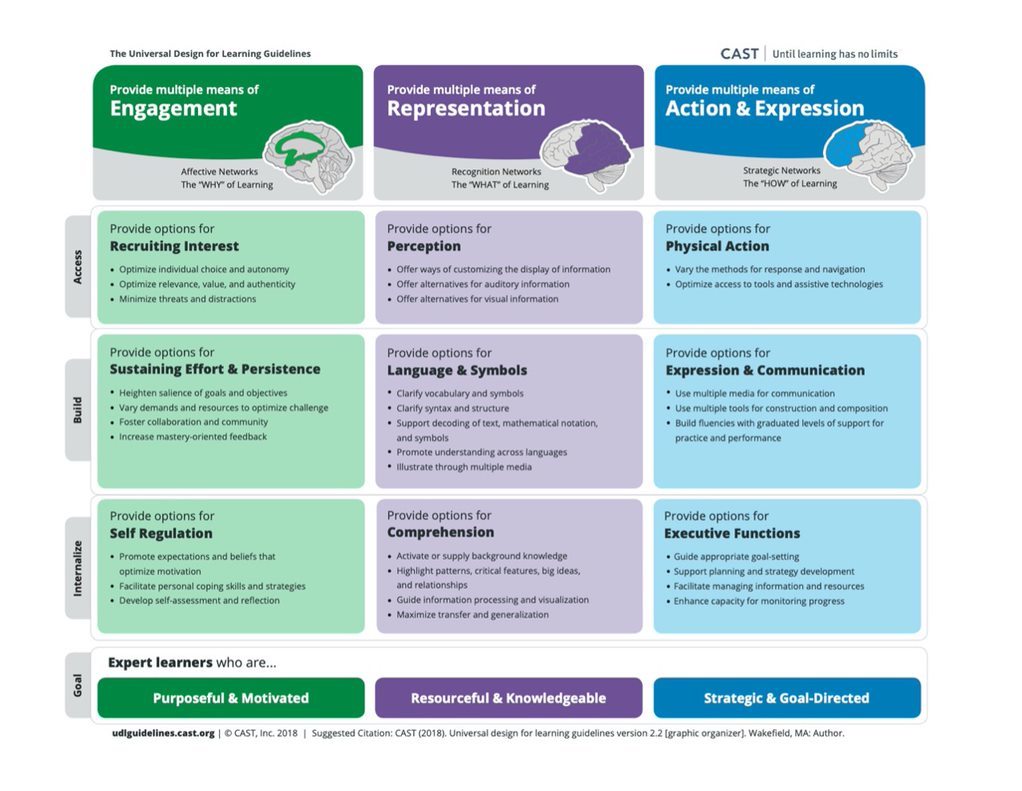
(Source: CAST (2018) Universal Design for Learning Guidelines Version 2.2)
What is Universal Design for Learning?
It is a teaching approach that works to accommodate the needs and abilities of learners and eliminates unnecessary hurdles in the learning process.
CAST, 2018
Why Inclusive Education?
“Create safe, healthy, inclusive and equitably resourced educational environments conducive to excellence in learning with clearly defined levels of achievement for all.”
UNESCO (2000b)
The project is funded by The Impact of Universal Design Model on Inclusive Education at CUHK for the 2022-2025 Triennium.
What is Accessibility?
“Accessible means a person with a disability is afforded the opportunity to acquire the same information, engage in the same interactions, and enjoy the same services as a person without a disability in an equally effective and equally integrated manner, with substantially equivalent ease of use [emphasis added]. The person with a disability must be able to obtain the information as fully, equally, and independently as a person without a disability”
Burgstahler, 2017

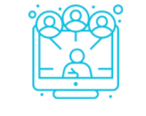
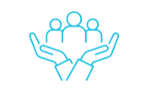
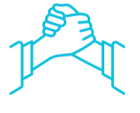


Cologon K. (2019)

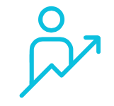

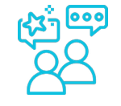
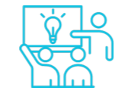
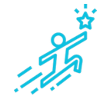
Cologon K. (2019)

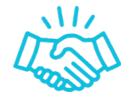
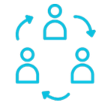

Cologon K. (2019)
- UNESCO (2000b) The Dakar Framework for Action. Education For All: Meeting our collective commitments, Article 8, www.unesco.org/education/efa/ed_for_all/dakfram_eng.shtml
- CAST (2018). Universal Design for Learning Guidelines version 2.2. Retrieved from http://udlguidelines.cast.org
- Cologon, K. (2019) Towards inclusive education: A necessary process of transformation. Report written by Dr Kathy Cologon, Macquarie University for Children and Young People with Disability Australia (CYDA)
